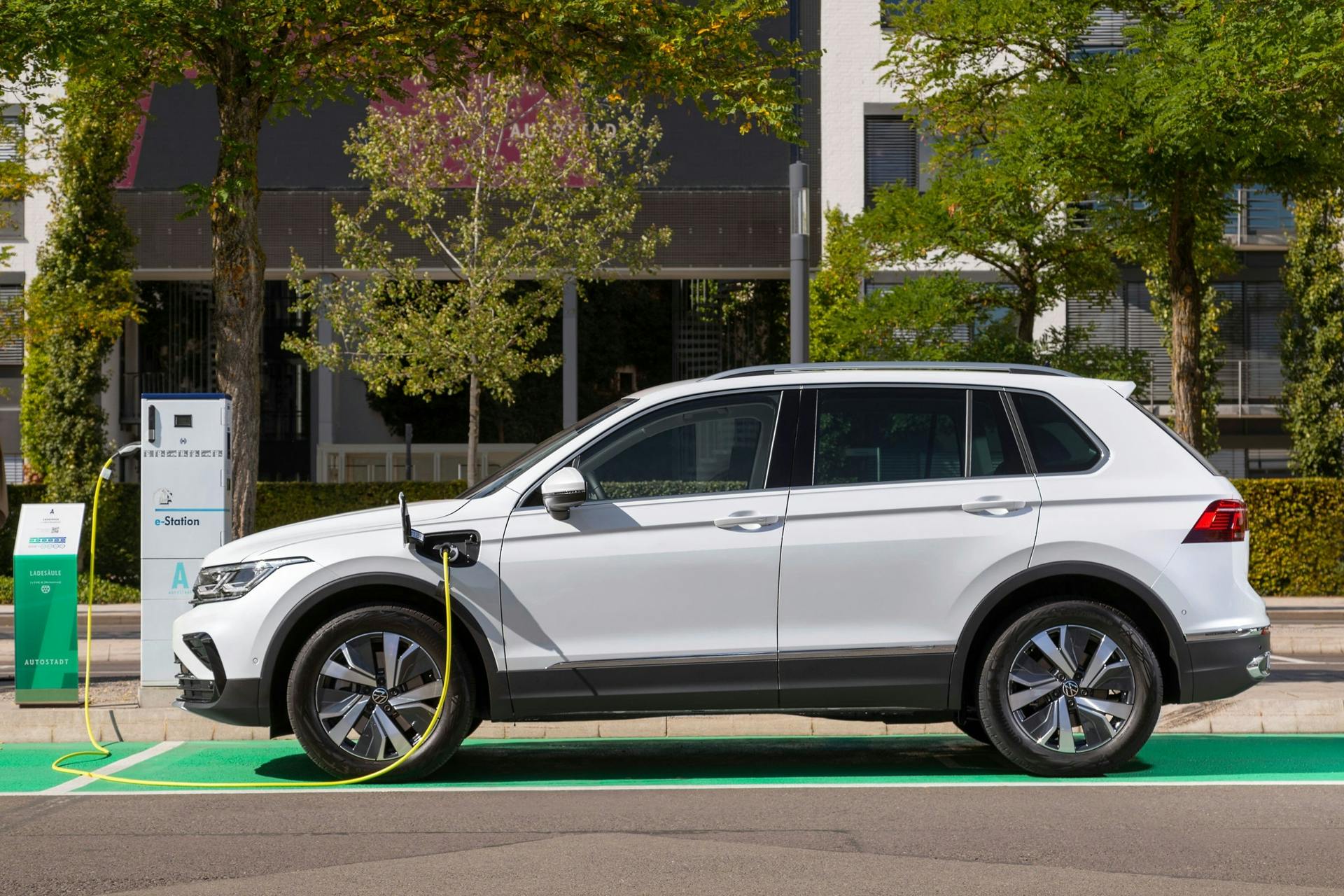
Volkswagen’s Secret Weapon? PHEVs to the Rescue!
Volkswagen has announced plans to introduce plug-in hybrid electric vehicles (PHEVs) to the U.S. market in an effort to offset its struggles with electric vehicle (EV) sales. This strategic shift, revealed by CFO Arno Antlitz at the World Economic Forum in Davos, Switzerland, underscores the automaker’s ambitions to double its U.S. market share by 2030.
Currently, Volkswagen holds about 4% of the U.S. automotive market. By adding PHEVs to its lineup, the German automaker hopes to grow its market share to 8%, achieving a stronger foothold in a competitive landscape.
Challenges in the U.S. EV Market
Volkswagen’s decision comes at a time when many automakers are grappling with volatile EV sales. Despite its efforts to position the ID.4 electric SUV as a cornerstone of its electric lineup, VW has faced setbacks, including a production halt caused by a faulty door handle issue. This resulted in months of lost sales, compounding the challenges the company faces in meeting its EV sales targets.
While Volkswagen’s EV initiatives have seen success in Europe, the U.S. market has proven more difficult to penetrate. High development costs, infrastructure challenges, and slower consumer adoption of EVs have led VW to explore a more balanced approach by incorporating PHEVs into its American strategy.
The Potential for PHEVs in the U.S.
Unlike traditional hybrids, PHEVs offer a bridge between gas-powered and fully electric vehicles. With the ability to run on electric power for short distances and a gasoline engine for extended range, PHEVs appeal to consumers who are hesitant to commit fully to EVs.
For Volkswagen, SUVs like the redesigned Tiguan and the larger Atlas are prime candidates for PHEV powertrains.
- Volkswagen Tiguan: The Tiguan, VW's best-selling model in the U.S., is already a strong contender for a PHEV variant. The redesigned 2025 Tiguan, which recently debuted in Europe, features updated styling and advanced technology. A PHEV option could make it even more competitive in the U.S. market, especially as demand grows for efficient and versatile SUVs.
- Volkswagen Atlas: Built in Chattanooga, Tennessee, the Atlas is another logical choice for hybridization. Its mid-size SUV platform offers ample space for a battery pack without compromising passenger or cargo room. Volkswagen CEO Thomas Schäfer has hinted at a hybrid version of the Atlas, though it’s unclear whether it will be a traditional hybrid or a PHEV.
Both models align with American consumers’ preference for SUVs, making them ideal candidates to lead VW’s PHEV charge in the U.S.
Strategic Benefits of PHEVs
Introducing PHEVs to the U.S. market offers several advantages for Volkswagen:
- Appealing to a Broader Audience: By offering a middle ground between gas-powered and electric vehicles, PHEVs can attract customers who want the benefits of electric driving without the range anxiety associated with EVs.
- Addressing EV Production Challenges: PHEVs provide a buffer as Volkswagen works to refine its EV production and resolve quality control issues, such as those experienced with the ID.4.
- Leveraging Existing Infrastructure: PHEVs don’t require a fully developed charging infrastructure, as they can operate on gasoline when needed. This makes them more practical for regions where EV chargers are still scarce.
- Regulatory Compliance: PHEVs contribute to meeting stricter emissions standards while still appealing to customers who aren’t ready to switch to full EVs.
The Road Ahead
Volkswagen’s renewed focus on PHEVs reflects a pragmatic approach to the challenges of electrification. By diversifying its portfolio, the automaker hopes to better position itself in the U.S. market and appeal to a wider range of consumers.
The introduction of plug-in hybrid models could be a game-changer for VW as it seeks to strengthen its market share and offset the struggles of its EV lineup. While details on specific PHEV models and their timelines remain unclear, the redesigned Tiguan and Atlas are strong contenders to spearhead this initiative.
Volkswagen’s ambitious goal of doubling its U.S. market share by 2030 will depend on its ability to execute this hybrid strategy effectively. With PHEVs potentially serving as a stepping stone to full electrification, VW could set itself up for long-term success in the ever-evolving automotive industry.

 Volkswagen ID.4
Volkswagen ID.4